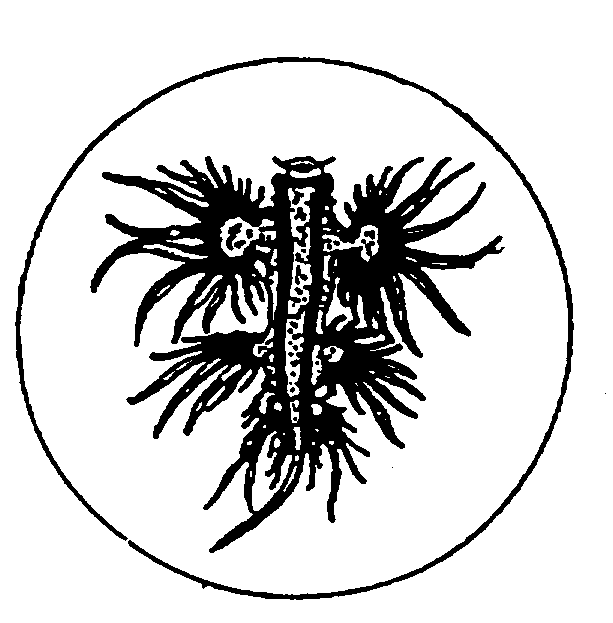 |
 |

AIMS
1) The study of the marine fauna and flora of the shore and seas surrounding the British Isles.
2) The publication and distribution of knowledge of marine life and the marine environment of the British isles
3) Promotion of ideas and projects concerning the conservation of the British marine environment.
The principal method of encouraging these aims is through GLAUCUS, the information packed wildlife journal that will be posted to members two or three times a year.
Hermit Crab, Pagurus bernhardus, with the Blenny, Lipophrys pholis
SUBJECTS MATTER IN GLAUCUS:
OTHER SERVICES:
DIVERSE REPORTS: Underwater fauna investigations
by divers.
ROCKPOOLING: Wildlife of British Shores.
UNDER SEA WIND: Man and the seas, Pollution,
Conservation, Marine Reserves.
FEATURES: Seals, Dolphins,
Sharks,
Crabs,
Fish
of all shapes and sizes, Seaweeds,
Molluscs,
Sea
Anemones, Starfish,
Lobsters
etc.
PUBLIC AQUARIA NEWS: Display animals.
WET THUMB: Home aquaria.
SPOTTING & JOTTING: For younger readers.
SWEET THURSDAY: Social calendar.
MARINEWS: Reports of marine wildlife.
SEASIDE AIR: Forum and views from members.
SHOREWATCH NEWSLETTER
SHOREWATCH PROJECT: Reports from members
of wildlife recorded and published.
TORPEDO NEWS: Electronic news service.
I am pleased to introduce the British Marine Life Study Society. We are responsible for producing the quarterly journal called Glaucus, which is the first regular publication dealing exclusively with British marine life available on subscription to the general public.
Purpose and Aims
We aim to:
1) bridge the gap between the popular books
and scientific literature by publishing readable and informative articles
on marine wildlife and the environment.
2) stimulate interest in the undersea world
and natural history of the seas, and related subjects.
3) liaise and co-operate with conservation
organisations and other wildlife groups.
The seas around the British Isles are particularly rich in numbers and diversity of animal species from the gigantic whales down to the multitudes of invertebrates and planktonic organisms. Each issue of the journal contains a variety of features, on individual species, ecology, marine mammals, and numerous other topics.
Articles explore marine life in greater depth than is normally available outside scientific texts, and gives a balanced view without favouring one group of sea users over another. The British Marine Life Study Society is a not a campaigning society.
How to Join
Individual members subscribe or a Corporate membership can be taken out. The explanatory leaflet contains the membership form for individuals and families.
The BMLSS is listed as an Educational Institution in Who's Who in the
Environment (Environmental Council publication) and other directories.
The BMLSS is an Institute of Biology affiliated society and a corporate
member of the Field Studies Council. We make a special point of not covering
the same ground as similar organisations, and intend to liaise as much
as possible with organisations and individuals in the same field. We are
members of the National Federation of Biological Recording and the Marine
Forum. We support the biological recording initiatives of the National
Biodiversity Network and UK Marine Biology, now known as MARLIN
(Marine Life Information Network).
If you require further information, please write to Glaucus House, enclosing a stamp (for a standard letter up to 60gm).
MEMBERSHIP APPLICATION 2001Years joined for
Name .
Address .
. .
Postcode .
Sphere of Interest
THIS FORM SHOULD BE COMPLETED AND SENT WITH A CHEQUE PAYABLE TO THE
BMLSS TO:
The Membership Secretary, British Marine Life Study Society, Glaucus
House, 14 Corbyn Crescent, Shoreham-by-Sea,
Sussex. BN43 6PQ. Tel/Fax: 01273 465433
EMail Glaucus@hotmail.com
Overseas members should pay in £ sterling.
INFORMATION FOR NEW MEMBERS
SPECIAL SERVICES
All members of the BMLSS. are entitled to have details of the wildlife services they provide included in an issue of Glaucus, and these details will be selected by the Editor. The actual scope is natural history and a wide range of related educational subjects included in the Constitution.
Members are also entitled to use the logo on their correspondence. They will expected to behave responsibly and in an ecologically sound way when 'rockpooling' or diving, or collecting and catching of fish, molluscs, seaweeds, and other plentiful marine organisms.
Sponsorship and limited advertising are available in Glaucus.
Articles etc.
Articles and snippets of information from sightings on dives, and seashore visits, expeditions, fishing trips, newspaper cuttings, aquaria observations, fossil finds, public aquaria information, avian fauna, scientific reports, opinions, conservation issues, private research, culinary tips, are all especially welcome, and should be sent in as soon as possible, for inclusion in the next issue of Glaucus. A Guide to Submissions and Special Report Cards are available.
The British Marine Life Study Society is an affiliated society with the Institute of Biology and a member of the Marine Forum, Field Studies Council and the National Federation of Biological Recording.
Members come from a wide range of backgrounds and live all around the British Isles, with a few members residing abroad. They include rockpoolers, divers, aquarists, anglers, commercial fishermen, teachers, marine biologists, environmentalists, aquarium curators, zoologists, librarians, ecologists, aquaculturists, palaeontologists, students, biochemists, veterinary surgeons, photographers, coastal management professionals, whale watchers, etc.
Members wishing to contact each other can write in for a list of other members (see page 37 of the Autumn 1993 issue).
|
|
|
|
|
News 2018 |
Membership Form |
|